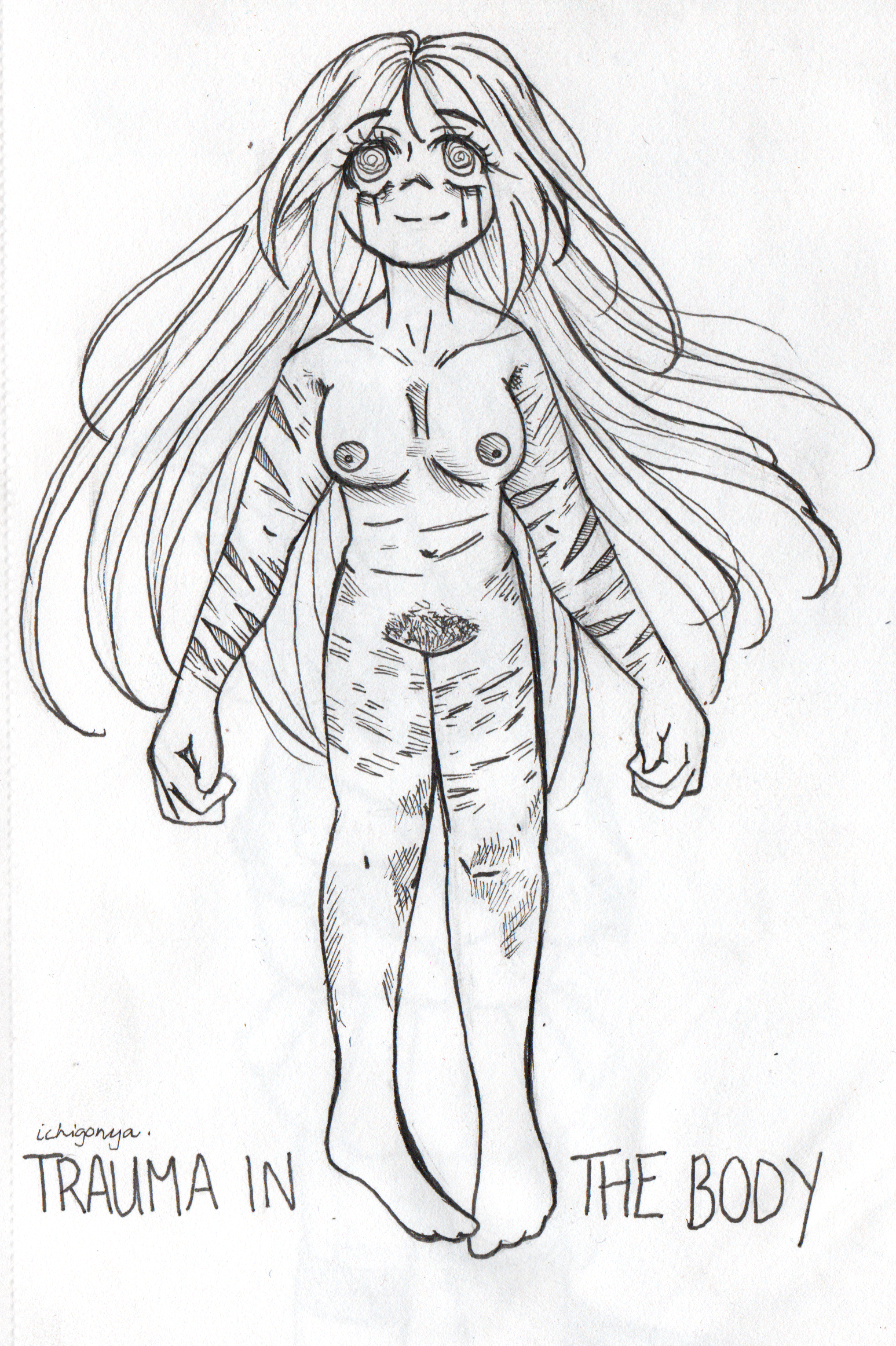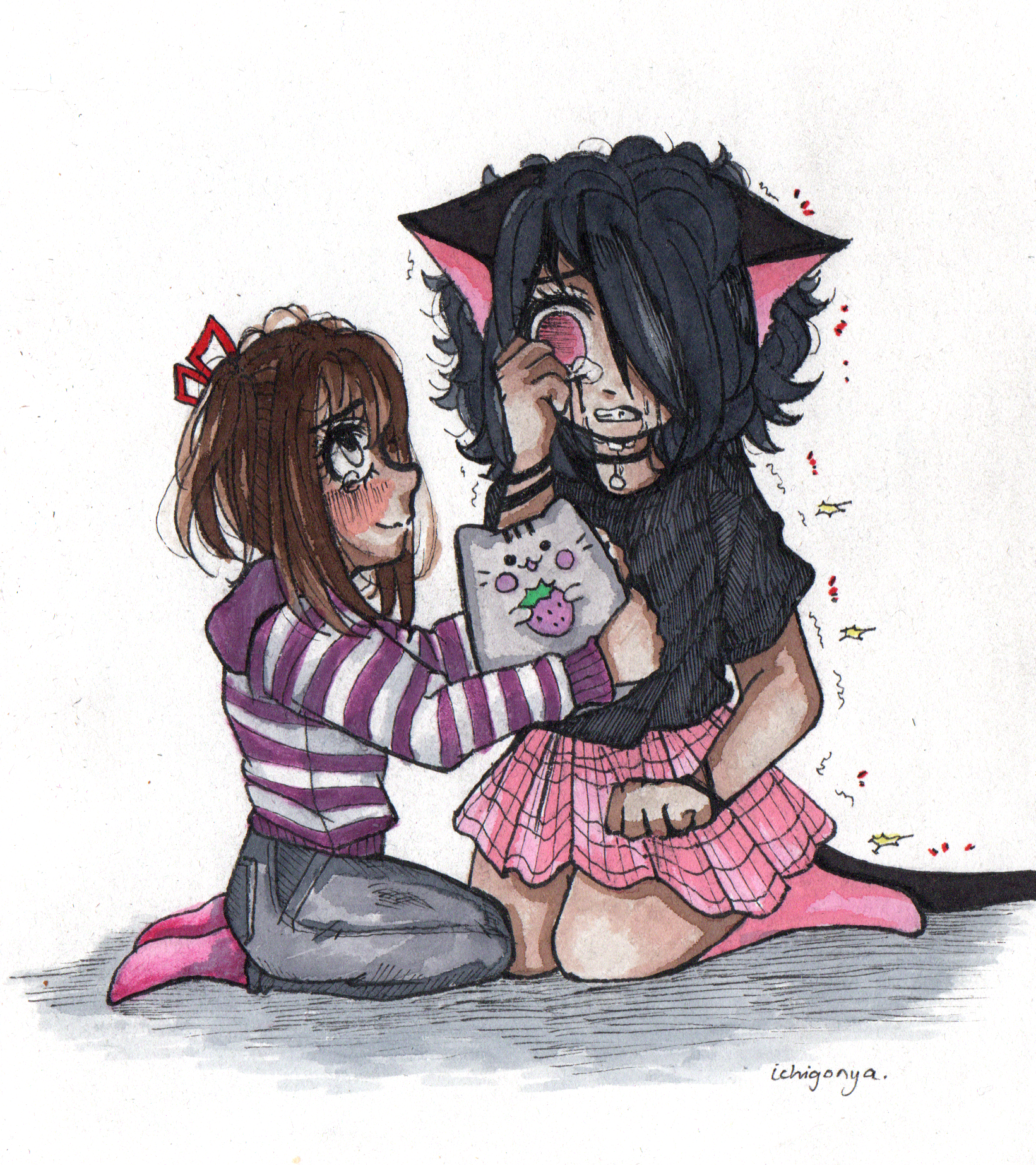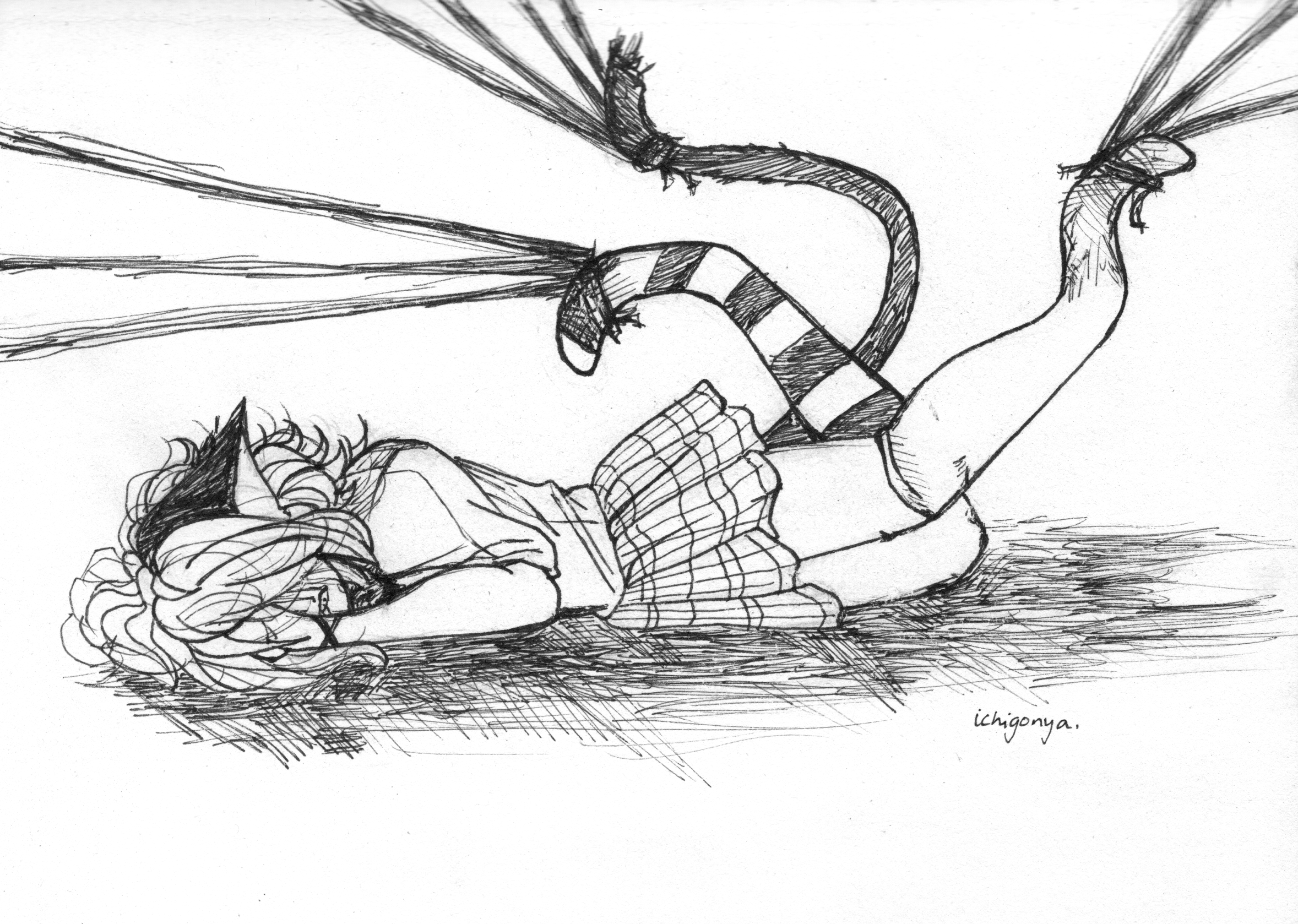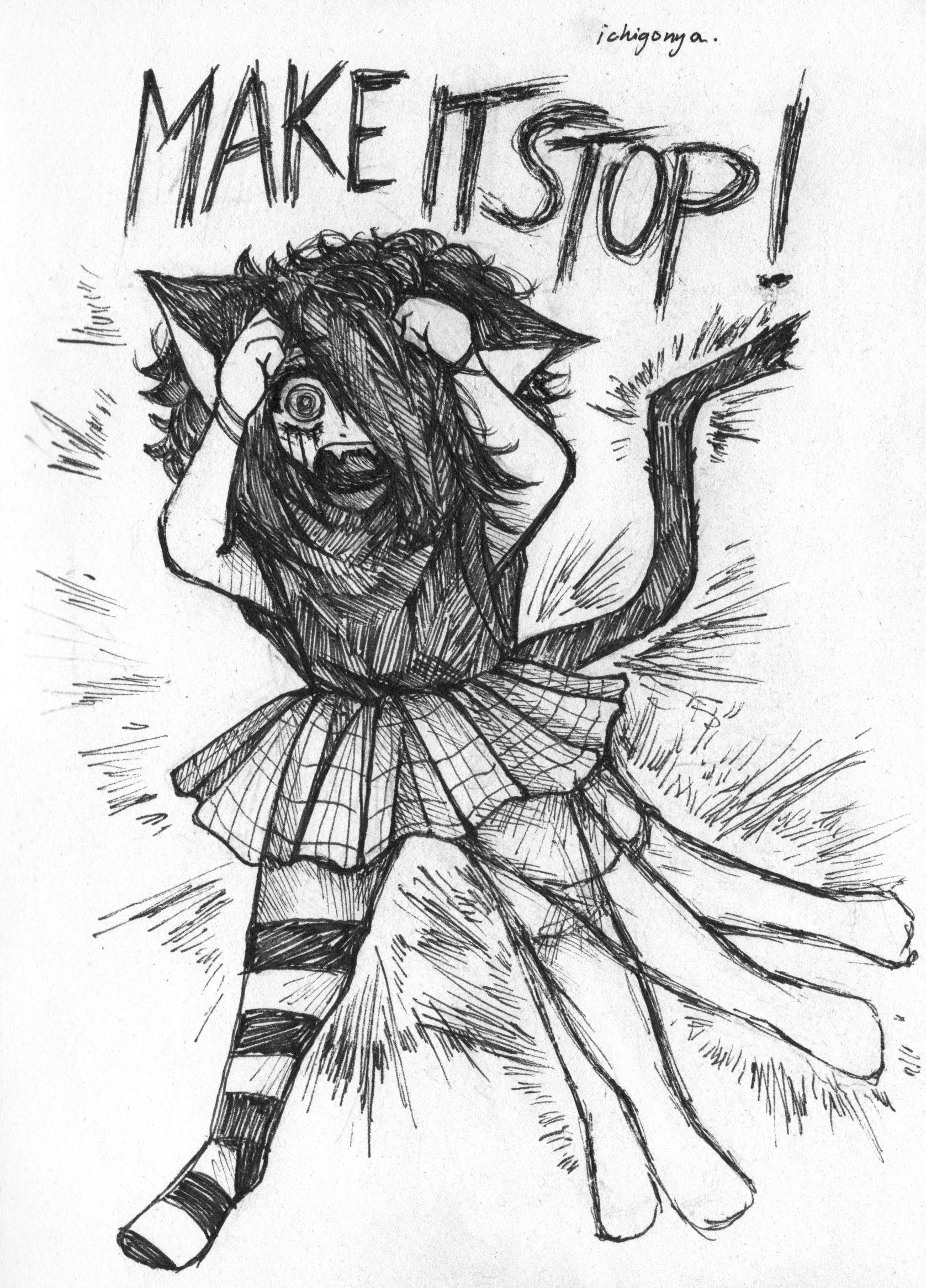
search blog posts by tags etc! ⤴

Spread Thin
How much pain does one human being have to endure in their life for it to be considered "too much"? When is it justifiable for that person to give up and not want to keep fighting anymore? Why is it that some people in this world are forever cursed with the worst kind of luck, with the worst kind of pain, and then just expected to keep going like it's nobody's business?

My Body; A Broken Temple
I find it truly fascinating how psychological trauma can manifest itself in physical symptoms. How something that damaged the development of my personality can lead to chronic pain, muscle spasms, convulsions, and soreness. Sometimes I find myself questioning whether this is truly all in my head, if the things people did to me as a child were something more than what I am currently able to remember. Because I struggle to believe that the things I went through could truly result in something like this. How could a bunch of kids doing those things later cause me to develop massive issues with my muscles and joints? But then I have to remind myself that all this questioning is nothing more than a result of poor and very lacking education on the way psychological trauma works, how it alters your brain, and how your body will carry that damage within itself until the day your heart ceases to beat.

Something To Hold Onto
I spend the most of my time alone in my own home. My parents do live very close to me, but not close enough so that I could call them over every time I'm having an episode. So I tend to deal with them on my own accord. Sometimes it gets really lonely: there is no one in the apartment with me, just me and my shaking body. I feel so isolated from everyone and the whole world: no one knows what goes on behind these walls. Maybe my neighbors have heard my uncontrollable sobs, but that is all.

The Aching In My Muscles
For quite some time now, I have suspected that all of my physical symptoms might be caused by fibromyalgia. A lot of trauma survivors develop this chronic pain disorder, including one of my biggest idols, Lady Gaga. I became aware of the condition through her, actually. When I was diagnosed with Post-Traumatic Stress Disorder, I was hit with a wave of realization: an artist I really look up to has that condition too. Gaga has talked about her mental health struggles a lot more openly in the recent years, and the more I hear her talk about what it is like to live with fibromyalgia and other constant post-traumatic symptoms, the more I find myself relating to her. She is, truly, one of my biggest inspirations; a supporting force whose art has helped me get through a lot of rough spots during the years.

Strings Around My Ankles
I can feel my legs twitching, my muscles contracting. I can feel my feet stretching on their own accord, as if someone was pulling at them with a string. Every single muscle in my legs is tensed up and flexed, and I can do nothing but watch it happen and wail in pain.

The Pain Inside Me Wants To Get Out
They say that trauma gets stored in the body. And by 'they', I mean psychiatrists and other professionals working on the field of psychiatry. There is a lot of scientific evidence of psychological trauma not only affecting the brain, but the entire body. Human beings are not the only species experiencing such post-traumatic symptoms: the same phenomenon can be detected in animals like dogs and cats. I remember reading in one article on the science of trauma that because animals' brains are not able to comprehend and deal with the psychological trauma they might have gone through, they resort to physical reactions instead. These typically consist of shaking, trembling, and convulsing. That is the main method of dealing with trauma for animals.